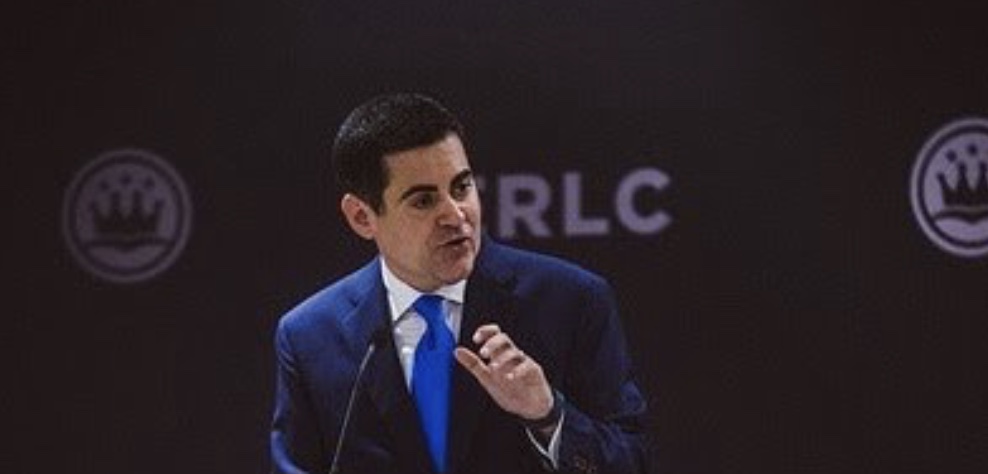[Christian Intellectual] In a video released yesterday by The Gospel Coalition, Russell Moore, the president of the Ethics & Religious Liberty Commission, said, “every right that we have in society is never an absolute.”
This was in response to the question posed by Kevin DeYoung, Chairman of the Board of The Gospel Coalition, about how to defend religious liberty in the face of objections about potential abuses. Specifically, he wanted to know how to respond to the objection that religious liberty means that anyone can claim that their religion teaches them, for example, to beat their wife, or prevent their child from obtaining essential medical treatment.
Of course, the most direct answer would have been that religious liberty is about protecting individual rights; and since such abuses violate individual rights, they are not covered by religious liberty. Unfortunately, that was not Moore’s response.
Instead, he claimed that rights are “never an absolute,” and went on in the ensuing discussion to indicate that rights are, in fact, subject to modification in order to “balance … conflicting interests,” especially the interests of “the government.”
It is not the rights of the individuals involved which must be taken into consideration, according to Moore, but the interests of those involved. Although, that’s not even accurate. It’s not the interests of those involved, but the interest of the government. The emphasis, for him, is on whether or not the government has an interest in stepping in. Thus, the reason it is appropriate for the government to stop physical abuse in the home, is not necessarily because such abuse violates the rights of the abused, but because the government has an interest in stopping it.
The disastrous implications are twofold. The first is that physical abuse really is viewed as an exercise of “religious liberty,” which the government must curtail. The second is that our non-absolute rights, whether pertaining to religious liberty or otherwise, are wholly subject to the interests of the government.
If it is in the interests of the government, they may stop physical abuse. If not, not. If it is in the interests of the government, they may uphold your religious liberty. If not, not. What if it were in the interests of the government to force someone to bake a cake? What if it were in the interests of the government to force a pastor to skip Romans 1? What if it were in the interests of the government to turn a blind eye to the slaughter of infants? If rights are “never an absolute,” then we have no answer.
If our protection from physical abuse, and our exercise of religious liberty, are entirely contingent upon the interests of the government; if no right is ever an absolute, then how can we be said to possess inalienablerights?
The president of the Ethics and Religious Liberty Commission, along with those at The Gospel Coalition, either do not understand The Declaration of Independence, or they do not agree with it. If they did, they would never speak of rights being non-absolute. And they would never speak of balancing rights with “the interests of the government.” Such language is completely out of step with the founding principles of this country, and utterly antithetical to the concept of individual rights.
But it is not too clear whether these Christian leaders actually care about individual rights. In fact, Moore seems to mock the concept of individual rights when he, laughing, says that it is not as though everyone in the country has a golden card that says, “I have a religious objection and that means I am completely free.” He was talking about the draft; about being forced by the government to fight in a war; about being sent to die for the “interests of the government.” And about that, he laughingly says that it is not as though everyone has a little golden card that says, “I’m free.”
[Editor’s Note: This was written by Cody Libolt and originally published at Christian Intellectual.]











